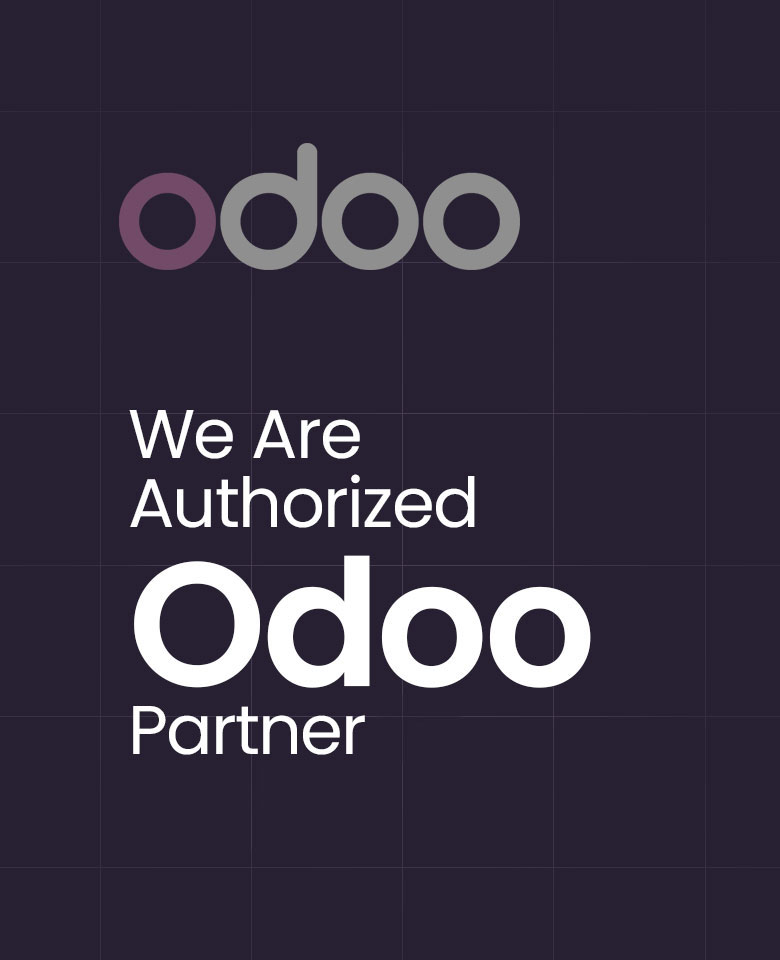Employee Provident Fund & Employee State Insurance Scheme in INDIA
Employee Provident Fund (EPF) is the main scheme covered by the Employees’ Provident Funds and Miscellaneous Act of 1952.
Employee Provident Fund (EPF) is a retirement benefits scheme where both the company and the employee make monthly contributions to the EPF. The total amount is then deposited into your EPF account, which is managed by the Employees’ Provident Fund Organization (EPFO).
Employee Provident Fund (EPF) is a law establishing deposit-linked insurance, pension, and provident funds for workers in factories and other establishments. Except for Jammu & Kashmir, the entire country is covered by the Act. This act applies to all businesses and factories with 20 or more employees.
From the date they start working for the company, all workers are entitled to the provident fund. An employee becomes entitled to provident fund benefits, pension benefits, and insurance benefits upon joining. Each employee should complete a nomination when they first join the PF Scheme.
EPF contribution
Employees’ share : 12% of the Basic Salary + DA
12% of the employee’s salary is deducted every month for a contribution towards EPF. The EPF account receives the entire contribution.
Additionally, the employer contributes 12% of the employee’s salary to the EPF.
Employer’s contribution : 12% to be deposited.
8.33% in Pension Fund Account and the remaining amount or 3.67% in Provident Fund Account.
| Category | Percentage of contribution (%) |
| Employees Provident Fund | 3.67 |
| Employees’ Pension Scheme (EPS) | 8.33 |
| Employee’s Deposit Link Insurance Scheme (EDLIS) | 0.50 |
| EPF Admin Charges | 1.10 |
| EDLIS Admin Charges | 0.01 |
Benefits from Provident Funds
- It helps in long-term financial planning and saving.
- Members can take from this accumulation to meet financial needs in life – no obligation to refund unless exploited.
- EPFO guarantees the Employer contribution and the Govt. offers a good interest to PF accumulations.
- The member may settle the account upon resignation. Specifically, the member receives interest, employer contributions, and PF contributions.
Employee State Insurance (ESI)
Employee State Insurance Act is a social welfare scheme established in 1948 with the primary goal of providing employees with specific benefits in the event of sickness, maternity, or work-related accident.
Employees shall be entitled to medical assistance, financial benefits, maternity benefits, pension payments to the dependents of deceased workers, and compensation for death or other illnesses and injuries.
The ESI Scheme is applicable to factories and other businesses with ten or more employees, including those in road transportation, hotel, restaurant, cinema, newspapers, shops, and educational/medical institutions.
The benefits of the ESI scheme
Employees who are insured by the scheme are entitled to medical services for themselves and their dependents. Additionally, they are eligible for monetary benefits if certain events cause them to lose their ability to work or earn money. For confinement, insured women are entitled to maternity benefits. Dependents are eligible for a family pension when an insured employee passes away as a result of an occupational disease or work-related accident. The covered personnel and their dependents are qualified for several benefits.
Medical benefits
- From the first day of employment in a job that is insurable for oneself and dependents such as spouse, parents, and biological or adopted children.
- For oneself and one’s spouse on superannuation, provided that both have worked for at least five years in insurable employment or have experienced a persistent physical disability while working in insurable employment.
Sickness benefits
- If a person is sick enough to take time off at work and the absence is properly confirmed by a licenced insurable medical officer, a monetary sickness benefit is granted to the person.
- An insured person cannot receive a benefit until they have made contributions for at least 78 days during 6 months.
- A maximum of 91 days in two consecutive contribution periods may be paid as a sick benefit.
- According to adequate medical certification and confirmation by the relevant authority, ESI is payable for a maximum of two years.
- After the complete claim paperwork is submitted at the local office in question, the extended sickness benefit amount is received in cash within 7 days.
Maternity benefit
- Maternity benefits are paid to insured women in the event of childbirth, miscarriage, or illness associated with either.
- To be eligible to claim this, an insured woman must have paid for at least 70 days over two consecutive contribution periods, or one year.
- The benefit is typically paid for 12 weeks, but on a medical basis it may be extended to 16 weeks.
- The benefit is paid at double the usual sickness benefit rate or equivalent to the wage.
- After receiving properly validated claim papers, the compensation is paid out within 14 days.
Benefits to dependents
- Dependents benefit [family pension] is paid to dependents of an insured person who passes away due to an occupational illness or work.
- This benefit may be paid to a widow on a monthly basis for life or until remarriage.
- A son or daughter is eligible for this benefit up until the age of 18.
- Under certain conditions, other dependents, such as parents or widowed mothers, may also be eligible for the benefit.
- The rate of payment is roughly 70% of wages that are split evenly among dependents.
- The first payment is due no later than three months after an insured person’s death, and subsequent payments are due on a regular monthly schedule.
Other benefits include funeral expenses, vocational rehabilitation, free delivery of medical bonuses, physical aids and appliances, and preventive health care.
